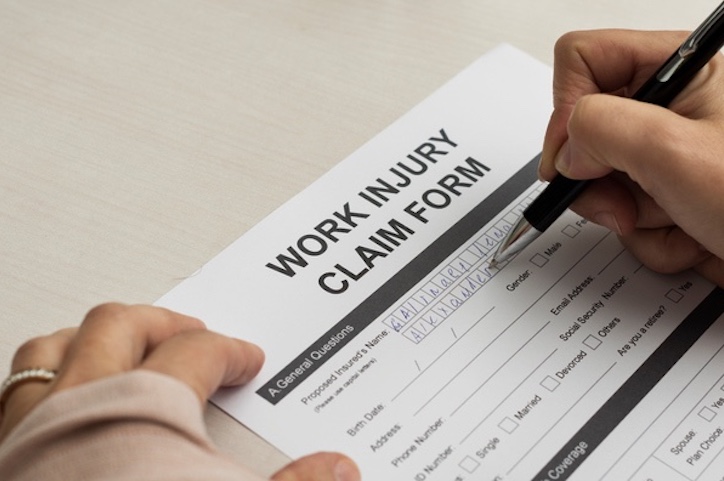What business owners need to know about workers’ comp
Accidents happen. When they involve customers, your general liability insurance takes care of them. And when they involve employees, workers’ compensation insurance (better known as simply “workers’ comp”) provides the needed compensation to help them get back on their feet.
Every state has workers’ comp requirements for employers and stiff penalties for failing to meet them.
Here’s everything you need to know about workers’ comp insurance for your business.
What does workers’ comp cover?
Workers’ comp provides no-fault insurance benefits for injury or illness suffered by an employee while they’re performing their job. Eligible claims include illnesses contracted on the job as well as pre-existing conditions exacerbated by work as well as other common injuries. Benefits include wage replacement, payment of medical and rehabilitation expenses and funeral and survivor expenses.
The no-fault provision of workers’ comp coverage means that employees can receive benefits even if they were injured as a result of their own negligence. The only exception in most cases is if an injury results from the use of alcohol or illegal drugs. In return for workers’ comp benefits, an injured employee must waive their right to sue their employer.
Who needs workers’ comp insurance?
In New Jersey, every company with at least one employee must purchase workers’ comp insurance or offer self-insurance approved by the Department of Banking and Insurance. Few companies meet the criteria for self-insurance; any business that doesn’t must purchase a workers’ comp insurance policy.
Companies that operate with independent contractors are exempt from the requirement to provide workers’ comp coverage, but the definition of an independent contractor is much stricter than most business owners realize. Since 2015, any individual must meet all three criteria of the “ABC test” in order to be legally considered an independent contractor:
(A) Such individual has been and will continue to be free from control or direction over the performance of such service, both under his contract of service and in fact; and
(B) Such service is either outside the usual course of the business for which such service is performed, or that such service is performed outside of all the places of business of the enterprise for which such service is performed; and
(C) Such individual is customarily engaged in an independently established trade, occupation, profession or business.
Any company that fails to provide required workers’ comp coverage is subject to large penalties including fines up to $5,000 for every 10-day period its employees weren’t covered.
What affects the cost of workers’ comp insurance?
The biggest factors affecting the cost of workers’ comp insurance premiums are the provider, a company’s industry and its prior claim history.
Don’t risk penalties—talk to a workers’ comp expert
The penalties for failing to follow workers’ comp regulations are serious. John B Wright Insurance can help you understand the requirements for your company and find the best workers’ comp insurance rates. Contact John B Wright today to discuss your business needs.
